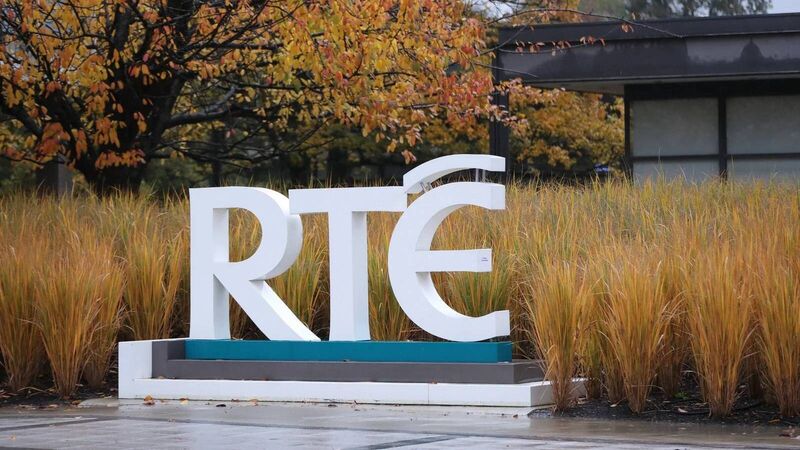Q&A: What's in the Mazars report into RTÉ and what does it mean?

the Mazars report noted that it could find no rationale for why it was decided to use a barter account from 2012 onwards. Picture: RTÉ.ie
A barter account is a means of a company haggling for business without a straight-up cash invoice being the bottom line. That account is generally run by a third party agency (in this case, three agencies based in the UK). In RTÉ’s case the barter account appeared to make sense for the broadcaster by allowing it to compete for advertising business it might not otherwise have been able to.













